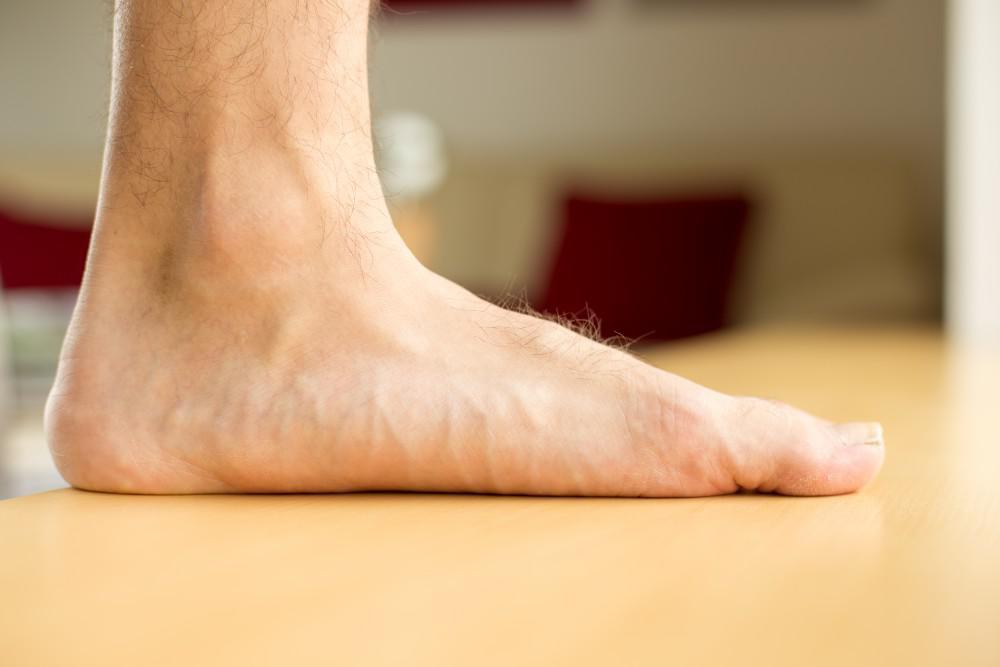News, News Focare
How Do Flat Feet Affect Your Overall Health?

Your feet are the foundation for your entire body. Poor foot alignment and strength can affect the way that you hold your body and can even lead to injuries. One of the most common causes of foot pain and misalignment is a condition called flat feet, also known as fallen arches.
Your feet are made up of 26 bones and over 100 muscles, tendons, and ligaments. The midfoot is the part of your foot that includes the arches, which provide support for your whole foot. The doctors at Urgently Ortho offer this information about what causes flat feet and how they can be treated.
The causes of flat feet
Flat feet are one cause of foot and ankle pain. It sometimes starts in childhood if your feet do not develop properly. Young children often have flat feet but usually outgrow it. Some people are more prone to have flat feet because of genetics.
Other people develop flat feet over time. Not everyone with flat feet experiences pain from the condition. The most common causes of adult-onset flat feet include the following:
- Obesity, because the bones in your feet have more difficulty bearing more weight
- Age: flat feet are most common over the age of 40
- High blood pressure, which can reduce the blood flow to your feet
- Previous injuries to the feet, such as stress fractures
- Diabetes
- Arthritis
- Damage to any of the bones or tendons in your feet
How flat feet affect your overall health
Many people with flat feet find that it affects many aspects of their overall health. Because fallen arches or flat feet fail to give your feet the support they need, you’re more likely to experience foot pain.
A condition called plantar fasciitis is more common in people with flat feet as well. Plantar fasciitis occurs when the tendons in the feet are overstretched. This condition causes severe pain in the feet, especially in the morning.
Flat feet tend to cause another condition called overpronation, which is when the ankles roll inward while you’re walking. This can lead to foot and ankle pain.
Because your feet are the basis of support for your entire body, having flat feet and overpronation can cause problems with your spinal alignment. You may notice that you also have problems with your hips, knees, and lower back.
Treatments for flat feet
Having flat feet is not a condition that ever completely goes away. Whether you were born with flat feet or your arches fell with age, it’s not a reversible condition. However, you can find ways to manage the pain and even prevent some of it.
The best treatments for flat feet help to provide the support that is lost by fallen arches and to strengthen your feet and ankles. Some of the treatments we recommend include the following:
- Use of non-steroidal anti-inflammatory drugs (NSAIDs). Many such medications are available over the counter and include drugs like Advil (ibuprofen) and Aleve (naproxen sodium).
- Physical therapy to strengthen your feet and ankles
- Appropriate exercise and nutrition
- Wearing a brace or splint
- Use of orthotics in your shoes. Wearing the right type of shoes is essential for people with flat feet. Orthotic inserts can correct your foot position and in turn, can even correct your posture.
If you have flat feet and they’re causing you pain, simple treatments can often make the condition more livable. Medical treatment can help you find the solution that works best for you. If you want to find help for your foot and ankle problems, call our Scottsdale office today at 480-531-6007 or request an appointment online.

